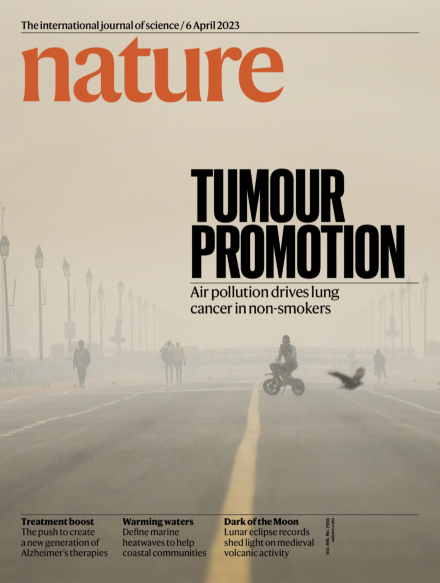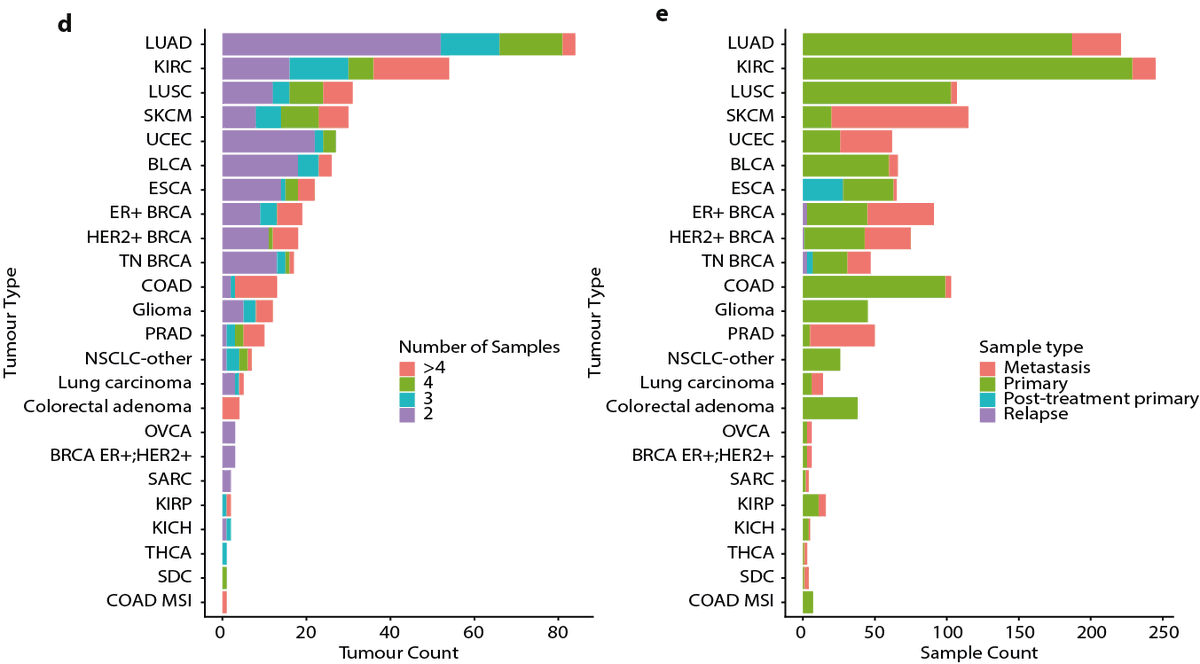
Cancer Evolution and Genome Instability, Lung Oncologist Air Pollution and Drug Resistance Fair Weather 🚴
How to get URL link on X (Twitter) App


 ctDNA is an established biomarker for high-risk disease before and after surgical resection in NSCLC. We tested NeXT Personal, an assay from @PersonalisInc able to detect ctDNA at extremely low levels, to understand whether ultra-sensitive approaches provide added value here.
ctDNA is an established biomarker for high-risk disease before and after surgical resection in NSCLC. We tested NeXT Personal, an assay from @PersonalisInc able to detect ctDNA at extremely low levels, to understand whether ultra-sensitive approaches provide added value here.



 Air pollution is linked with 7 million premature deaths annually and is associated with heart disease, cancer and dementia. The vast majority of people live in places where air pollution levels exceed @WHO guidelines
Air pollution is linked with 7 million premature deaths annually and is associated with heart disease, cancer and dementia. The vast majority of people live in places where air pollution levels exceed @WHO guidelines 
